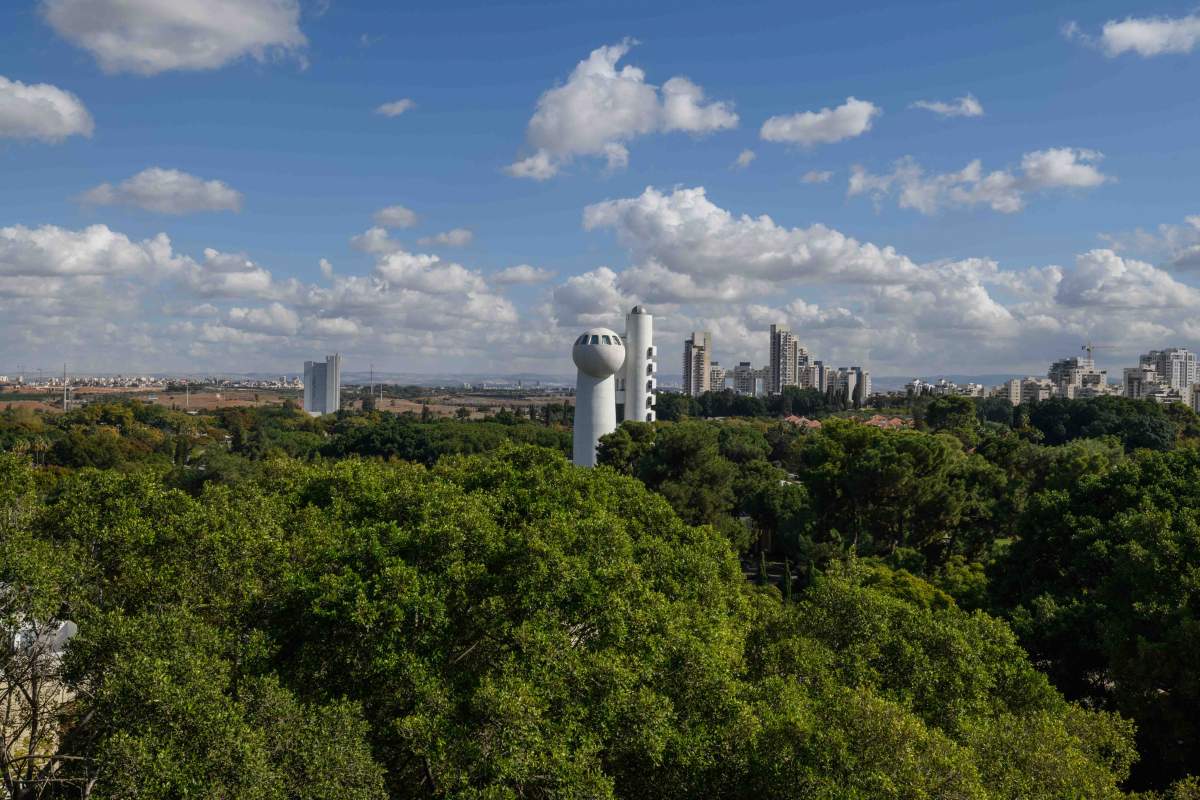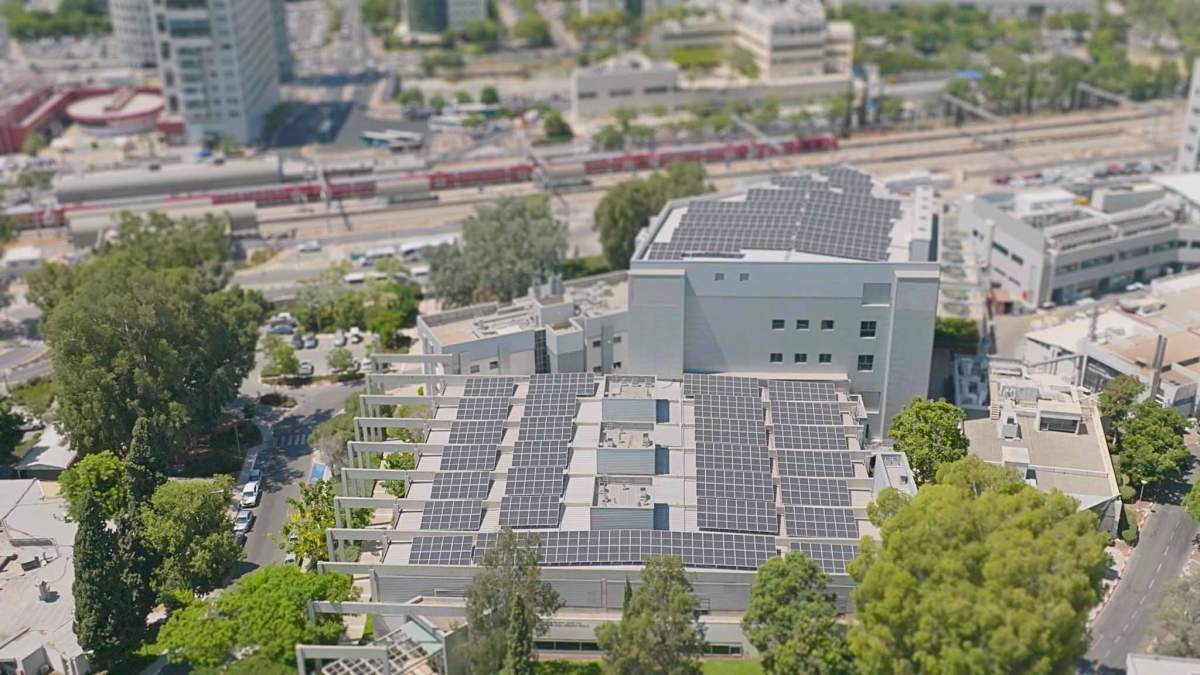עיתונאיות ועיתונאים, הירשמו כאן להודעות לעיתונות שלנו
הירשמו לניוזלטר החודשי שלנו:
The Weizmann Institute of Science is switching to the use of only green electricity and is becoming an almost fully renewable energy campus – alongside making sustainability and climate change a central theme of its research efforts. This shift brings many benefits, from assuming environmental responsibility to creating a healthier and higher-quality learning and work environment for students and staff.

To reduce carbon emissions, the institute will purchase green, solar-derived electricity from the Enlight company to cover all the electricity consumption of its campus. Currently, the institute consumes about 120 million kilowatt-hours of electricity per year, most of it generated from natural gas; up to 12 percent is produced from solar energy using photovoltaic cells installed throughout the institute. “The move to 100 percent green electricity is an important step that places the Weizmann Institute of Science at the forefront of sustainable campuses in Israel and worldwide,” says Weizmann Institute President Prof. Alon Chen. “The contract with Enlight and the installation of new photovoltaic panels on the Weizmann campus will enable us to mitigate some of the environmental effects of the expected campus’s expansion in the coming years.”
""The move to 100% green electricity puts the Weizmann Institute at the forefront of sustainable campuses"
Electricity production from nonrenewable energy sources such as natural gas and fossil fuels emits greenhouse gases, including carbon dioxide, into the atmosphere. These emissions raise the temperature on Earth, playing a central role in the onset of the climate crisis, which manifests in droughts, floods, extreme and stormy weather events and desertification. A Weizmann Institute study that mapped the sources of greenhouse gas emissions on campus revealed that 52 percent of the institute’s carbon emissions stem from electricity consumption for campus infrastructure, such as air conditioning systems, water supply and more. Therefore, the move to 100 percent renewable electricity will reduce Weizmann’s carbon footprint almost by half.

Research on sustainability is not new to Weizmann’s scientists; in fact, it began during the time of the founder, Dr. Chaim Weizmann, the first president of the State of Israel and a world-renowned chemist, who took part in the development of renewable biofuels. In 1989, the first solar tower in Israel was established on campus, marking the early days of green energy research in the country; in 2006, the SAERI initiative for the study of sustainability and renewable energy was founded, and recently, the Institute for Environmental Sustainability was established. The goal of this institute is to bring the Weizmann Institute’s sustainability research projects and areas of expertise together under one umbrella, encompassing science education, resource sharing and opportunities for interdisciplinary collaboration. These focus on seven core areas of sustainability-related research: renewable energy, food security and nutrition, green materials, climate research, health and the environment, marine research and biodiversity. Through basic, multidisciplinary research, Weizmann aims to achieve scientific breakthroughs that will drive the creation of practical solutions to slow the climate crisis and protect our ecosystems. Research in these areas will now be conducted on a campus powered by 100 percent green electricity.